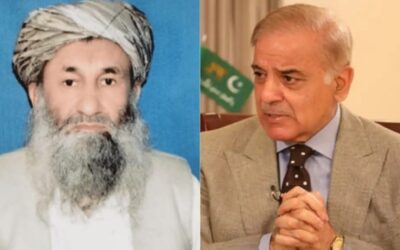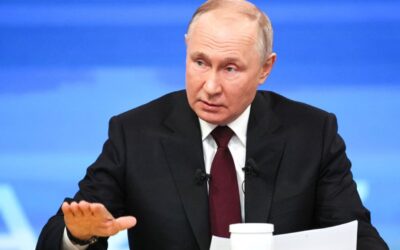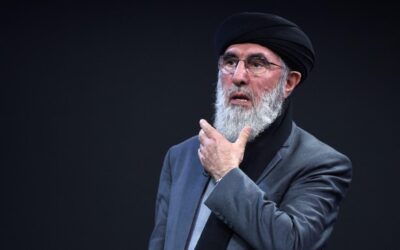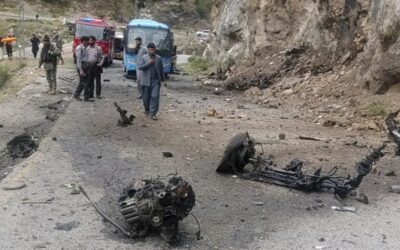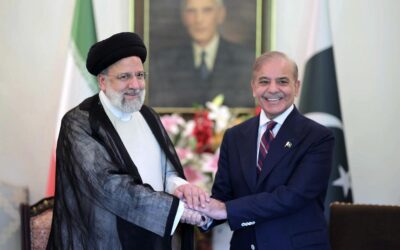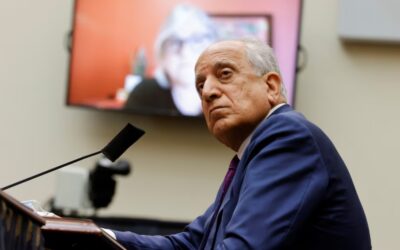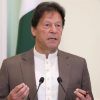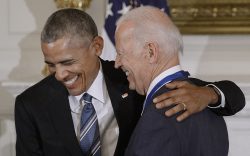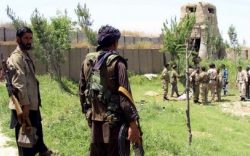
UN Secretary-General Guterres to Host Doha Conference on Afghanistan, Aims for Taliban Engagement
14 May 2024
United Nations Secretary-General Antonio Guterres is set to host another diplomatic conference on Afghanistan in Doha next month, aiming to bolster coordinated international strategies to address the challenges posed by Taliban.
Marking the third UN-sponsored dialogue, the conference aims to achieve a unified approach among key international stakeholders towards Afghanistan’s future. The previous session in February, attended by special envoys from 25 countries and Afghan civil society activists, saw the Taliban’s first invitation—and subsequent boycott—due to grievances over the participation of other Afghan factions and the agenda’s focus.
Despite the Taliban rejection of a proposal for a UN special envoy for Afghanistan, the gathering did not yield significant progress, prompting Guterres to seek broader consensus among all parties, including the Taliban. The absence of the Taliban from the February meeting underscored the complexities of achieving international consensus, particularly on appointing a UN special envoy, a recommendation from the UN Security Council in November, later endorsed in December despite abstentions from Russia and China.
The conference delivered a stark message to the Taliban: international recognition hinges on their adherence to key conditions, such as preventing Afghanistan from becoming a terrorist haven, establishing an inclusive government, and upholding human rights, especially for women and girls. However, no agreement was reached on the special envoy’s appointment.
At the conference, convened by Guterres and attended by representatives from 25 countries, including Pakistan, the unanimous view was that Afghanistan must not revert to a base for terrorism, necessitating an inclusive government and the observance of human rights. The Taliban’s non-participation stalled decisions on the special envoy, leading Guterres to propose further stakeholder consultations.
Russia’s absence from the civil society session, aligning with the Taliban’s critique of the Afghan representative selection process, and Pakistan’s support for including Afghan civil society activists and appointing a UN special envoy, highlighted the international divisions.
Guterres affirmed the consensus on preventing terrorism, fostering inclusive governance, and respecting human rights as prerequisites for Afghanistan’s global integration under Taliban rule. Despite Taliban reservations, he emphasized the continuation of the current dialogue format for more coordinated international efforts on Afghanistan.
Taliban Foreign Minister Amir Khan Muttaqi viewed the upcoming Doha meeting positively, as conveyed in discussions with the Japanese ambassador in Kabul, though he deemed the special representative’s appointment unnecessary.
there is not post in layout 2

Regional Discussions on Afghanistan Intensify Ahead of Doha Summit
As the Doha meeting nears, special envoys from various nations,...

